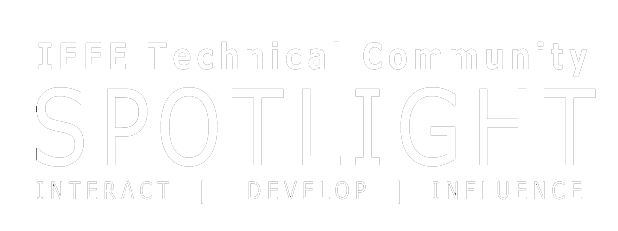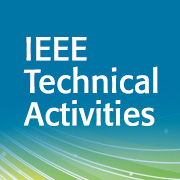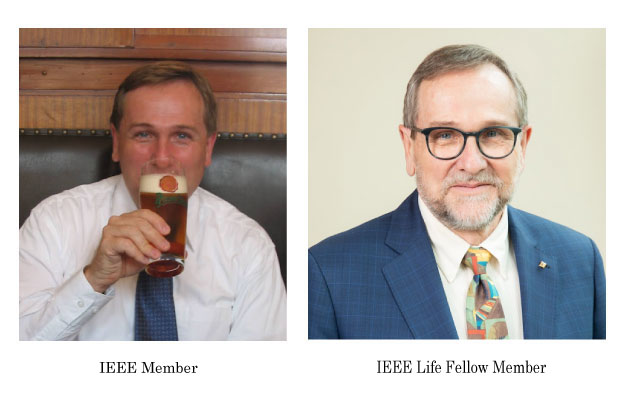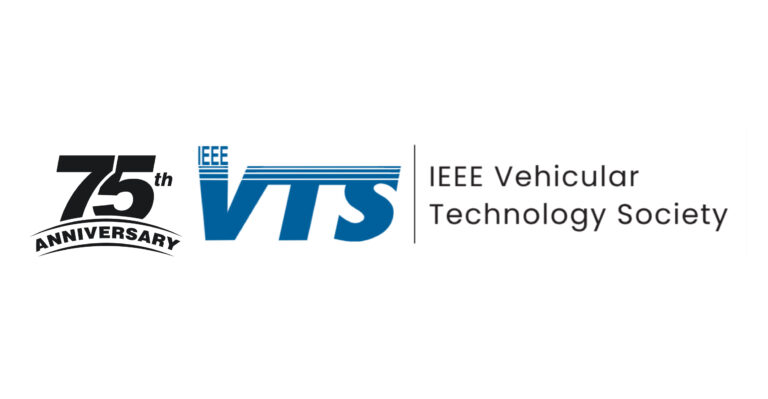
The shrinking divide between man and machine. The newly controversial subject of “brain hacking,” and its capacity for widespread application in the field of medicine. Wearable biometric technology, with the potential of many benefits, despite its marked possibility to pose privacy risks. At this year’s SXSW Interactive Festival, IEEE will be discussing these topics and more through several sessions focused on emerging technologies in biomedicine, and their implications on those who develop and use them.
IEEE’s Future of Identity Series, led by global industry experts and innovators, will include the following sessions:
EXTREME BIONICS: THE END OF DISABILITY: Led by SXSW Featured Speaker Dr. Hugh Herr, IEEE member and co-director of Biomechatronics Research at MIT, this session focuses on the elimination of disability and the reinvention of society through electromechanical enhancements to people’s bodies and brains, including the introduction of human-capability enhancing prosthetics.
BIOMETRICS AND IDENTITY: BEYOND WEARABLE: Are we what we wear? From home security to banking, to healthcare and more, this panel will explore the implications and social acceptance of using personal genomic and biometric data as virtual keys that unlock various aspects of our lives, while considering the benefits, risks, and future that extends beyond wearable devices. With speakers including Dr. Leslie Saxon, executive director, USC Center for Body Computing, who has been a featured IEEE speaker on the topic of body computing,
DIY BRAIN HACKING! ELECTROCEUTICALS & YOU: While 20th-century medicine has relied on pharmaceuticals, the 21st century may find itself leveraging pulses of electricity to regulate the activity of neurons. “Electroceuticals” provide us with the ability to rewire our minds using open-source hardware and software solutions. Very new, and extremely controversial, this topic has caused debate amongst seasoned experts on everything from efficacy to ethics.
The dialogue opened through these panels is not limited solely to the events of SXSW; however, IEEE remains dedicated in daily practice to invigorating and enhancing the conversations that have become prevalent among not only industry and academic professionals, but the general public, as well. Long after SXSW 2015 has ended, IEEE’s voice in the biometrics, digital health, and medical devices spaces will continue, with many opportunities to expand upon the conversation, and with offerings geared not only to engineers, but to all who are interested in remaining on the forefront of these new technologies.
Giving voice to engineers practicing in similar fields of interest as those mentioned above, the IEEE Engineering in Medicine and Biology Society (IEEE EMBS) is the world’s largest international society of biomedical engineers, hailing from approximately 97 countries around the world. With a focus on topics such as telemedicine, biosensors, biomechanics, and wearable technologies, just to name a few, IEEE EMBS maintains several publications that examine cutting-edge developments in medical technology and hosts 13 major conferences on various biomedical and health topics. Additionally, IEEE EMBS recently sponsored a working group which led to the approval of IEEE Standard 1708, which proposes guidelines for emergent technology that is designed to enable innovative services such as beat-to-beat monitoring of blood pressure.
In addition, the IEEE Biometrics Council focuses on the theory, design, and application of biometrics based on physical and/or behavioral features and traits for identification, verification, and encryption. Not only limited to the mid-career engineer, the Council also offers yearly “Summer Schools” geared toward introducing students, entrepreneurs, project managers, and government officials to relevant biometrics topics.
For those with even limited knowledge of engineering, who would like to keep up with the fast-paced world of these revolutionary topics within the field of biomedicine, IEEE also operates a free IEEE Life Sciences portal that continuously reports on the most current information regarding the convergence of multiple technologies in the biomedical space.
IEEE remains uniquely positioned in the biomedical field, boasting a broad scope of communities, which allows for convergence and collaboration points not limited to engineers alone, but to an extended community of those interested in the development of biomedical technologies. IEEE’s collaborative nature, with a focus not just on one field of technology, but on many that overlap interdisciplinarily, ensures that the organization will continue to remain at the forefront of the newest discoveries and continue to facilitated both their discussion and application for the veritable future.
For more information about IEEE’s Future of Identity Series at SXSW Interactive 2015, as well as recaps of these IEEE panels and others, please visit http://ieee.org/sxsw.
Resource Links:
- IEEE’s Future of Identity Series at SXSW Interactive 2015
- IEEE Biometrics Council
- IEEE Engineering in Medicine and Biology Society
- IEEE Life Sciences
- IEEE Society on Social Implications of Technology





